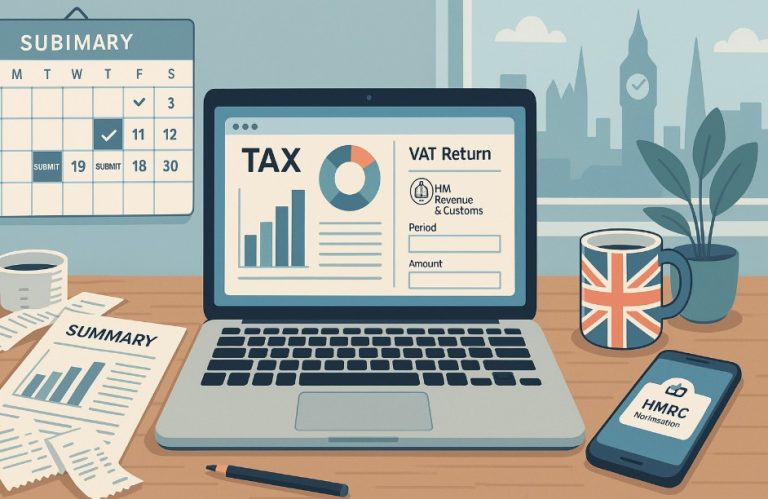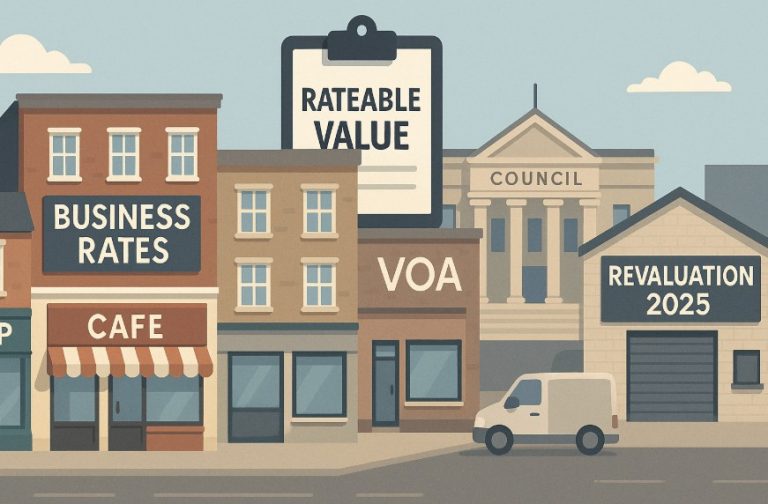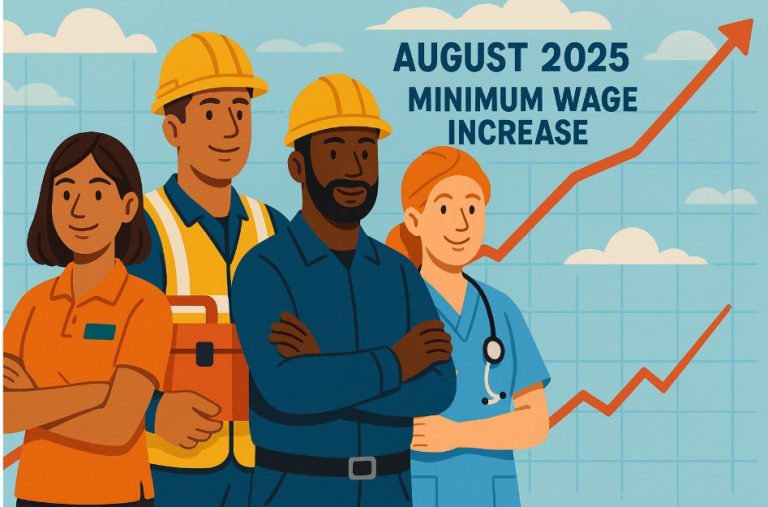Does Klarna Do a Credit Check?
Does using Klarna affect your credit score? Can it show up on your credit report? What exactly happens behind the scenes when you choose Klarna’s payment options?
With more UK consumers using Buy Now, Pay Later (BNPL) services, understanding how Klarna assesses eligibility is increasingly important. Klarna has become a well-known name for spreading the cost of purchases, but many users remain unsure about its credit check process and the potential consequences for their financial standing.
This guide explores whether Klarna performs credit checks, the differences between soft and hard checks, how your credit score may be affected, and what UK users should know before choosing Klarna at checkout.
What Types of Credit Checks Does Klarna Perform?

Klarna does carry out credit checks, but the type of check depends on the payment method you choose. For most purchases, Klarna uses soft credit checks, but in specific cases particularly when applying for longer-term financing, a hard credit check is required.
A soft credit check is used when you select:
- Pay in 3
- Pay in 30 Days
- Initial applications for Klarna Financing
- Initial eligibility check for the Klarna Card
These soft checks are used to verify your identity and assess your ability to repay without impacting your credit score. They are not visible to other lenders and will not influence your chances of obtaining credit elsewhere.
A hard credit check, on the other hand, is used when you:
- Apply to spread payments over an extended period through Klarna’s Financing option (6 to 36 months)
- Proceed with full activation of the Klarna Card
Unlike soft checks, a hard check becomes part of your credit file. It is visible to other lenders and can affect your score, especially if multiple hard checks occur within a short timeframe.
Klarna uses data from leading credit reference agencies in the UK Experian and TransUnion, to perform these checks.
Klarna performs these checks in accordance with its Terms & Conditions and with the goal of supporting responsible lending practices.
When Does Klarna Not Perform a Credit Check?
While Klarna does assess financial data to determine your eligibility for certain services, it does not always conduct a formal credit check. There are several situations where Klarna won’t check your credit at all.
For example, no credit check is carried out when you:
- Sign up for a Klarna account
- Download and install the Klarna app
- Browse retailers or shop using Klarna’s browser extension or marketplace
At these stages, Klarna is simply collecting basic information to create your profile. Only when you begin to engage in transactions that involve credit, such as selecting a deferred payment option, does Klarna assess your financial background through a soft or hard check.
It’s important to note that Klarna does not allow customers to request manual increases to their spending limit. The credit limits are calculated automatically based on your spending behaviour and payment history with Klarna.
Can Klarna Affect Your Credit Score in the UK?

Using Klarna does not automatically harm your credit score. However, the way you manage your payments will determine whether your credit profile is affected positively or negatively.
Soft credit checks, used for Pay in 3 or Pay in 30 Days, have no impact on your credit score. They are invisible to other lenders and do not affect your ability to apply for credit elsewhere.
However, Klarna may still report certain types of negative behaviour to credit reference agencies, especially if a payment is missed or overdue.
Hard credit checks, such as those performed when you apply for Klarna Financing or activate the Klarna Card, can impact your credit score. These checks are noted on your credit file and may influence future credit applications.
More critically, missing payments or defaulting on a Klarna arrangement can result in negative data being recorded by Experian or TransUnion.
This information can remain on your credit file and potentially affect your ability to secure loans, credit cards, or even mortgages in the future.
Klarna also advises that large or frequent BNPL transactions may be reviewed by mortgage lenders during affordability assessments. This means your Klarna usage could be a factor in decisions on high-value credit products, even if no missed payments exist.
Repaying Klarna instalments on time helps build a positive history with the platform. It also demonstrates financial responsibility, which may indirectly support your credit profile.
Should UK Shoppers Be Concerned About Klarna’s Credit Checks?
UK consumers should not be alarmed by Klarna’s credit check process, but they should be informed. Klarna’s use of soft and hard credit checks reflects an approach designed to ensure customers can repay what they borrow without taking unnecessary risks.
Soft checks are used for most day-to-day Klarna transactions. These are non-intrusive and help Klarna approve or decline payments without damaging your financial standing. They’re ideal for small purchases and short-term instalment plans.
Hard checks are only applied in situations where longer-term borrowing is involved, such as Klarna Financing or a Klarna Card application. In these cases, Klarna must meet regulatory obligations to confirm affordability and creditworthiness.
For most users, Klarna is a convenient and low-risk way to spread payments. However, it’s not without its responsibilities.
Failing to make repayments, borrowing more than you can afford, or frequently applying for long-term credit can all contribute to negative credit outcomes.
Here’s a breakdown of how Klarna’s services affect your credit profile:
| Klarna Service | Credit Check Type | Visible to Lenders | Can Affect Credit Score? |
| Signing up for Klarna | None | No | No |
| Using Pay in 3 | Soft Check | No | No (unless you miss payments) |
| Using Pay in 30 Days | Soft Check | No | No (unless you miss payments) |
| Applying for Klarna Financing | Soft + Hard | Yes (hard check) | Yes |
| Klarna Card Application | Soft + Hard | Yes (hard check) | Yes |
| Missed or Late Payments | Reporting to CRA | Yes | Yes |
As a responsible lender, Klarna evaluates all applications by reviewing personal data, past behaviour, and data from Experian and TransUnion. If you’re unsure about your credit score or the data used in a check, you can contact these agencies directly for clarification.
Frequently Asked Questions About Klarna Credit Checks
Does Klarna do a credit check every time I use it?
Klarna performs a soft credit check for each use of Pay in 3 or Pay in 30 Days. These do not affect your score. A hard credit check is only done if you apply for Klarna Financing or a Klarna Card.
Can Klarna hurt my credit score?
Not if you use it responsibly. However, missing payments or defaulting can lead to negative reporting that may impact your credit score.
Will Klarna checks appear on my credit report?
Soft checks will appear only on your personal file and not be visible to lenders. Hard checks are visible to lenders and may impact your score.
Does Klarna share my data with credit agencies?
Yes, Klarna uses Experian and TransUnion in the UK. They may report on unpaid balances or other significant credit activity.
Will Klarna affect my mortgage application?
Potentially. Mortgage lenders may consider your Klarna obligations when assessing affordability, even if payments are made on time.
What happens if I miss a Klarna payment?
You may receive reminders, your Klarna usage may be restricted, and the missed payment could be reported to a credit agency.
Can I use Klarna to build my credit?
Klarna is not a credit-building service, but making timely repayments may reflect positively in your credit history.







